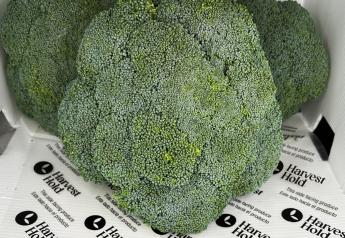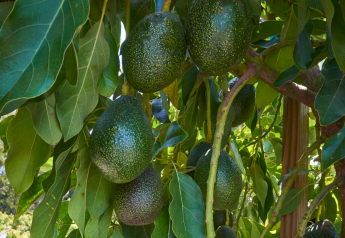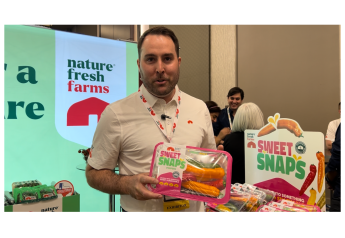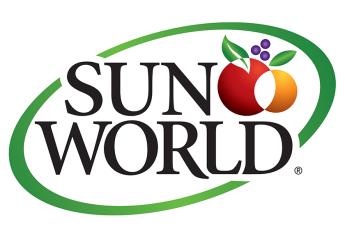Japanese scientists seek to create vegetables with anti-inflammatory properties using plant pigments
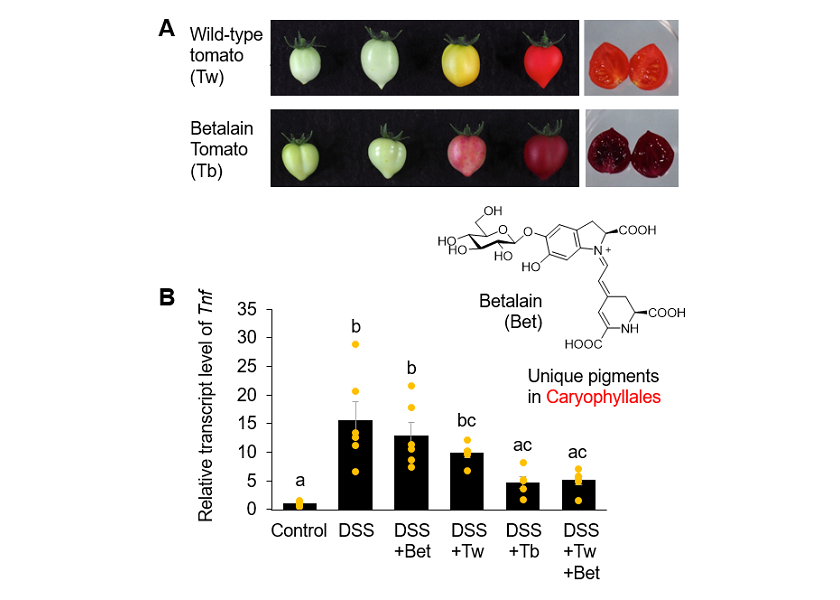
Scientists from the Tokyo University of Science and the Iwate Biotechnology Research Center have engineered potato and tomato plants to express the plant pigment betalain.
The pigment is found only in a few produce items and higher fungi, and researchers genetically engineered tomato and potato varieties to express the pigment, according to a news release.
The researchers found that while betalain-tomatoes conferred anti-inflammatory effects against macrophages and murine colitis, betalain-potatoes showed no such effects, the release said.
The research paper, called "Metabolic engineering of betacyanin in vegetables for anti-inflammatory therapy," was published in Biotechnology and Bioengineering.
Metabolic engineering is a field of plant biotechnology that seeks to genetically modify plant metabolic pathways to generate plant varieties with improved health benefits, the release said.
Betalains are a class of plant pigments that are responsible for the characteristic red-violet (betacyanin) or yellow (betaxanthin) color of certain fruits and vegetables, the release said.
These naturally occurring, water-soluble and nitrogen-containing pigments are commonly used as food coloring agents. Recently, research findings have brought to the forefront the strong antioxidant potential of betalains, making them potential candidates to produce health foods and combat various diseases, according to the release.
At present, betalains are only produced in plants of the order Caryophyllales (including cacti, carnations, amaranths, ice plants and beets) and higher fungi. Hence, the release said metabolic engineering has been explored to genetically modify cultivable non-Caryophyllales plants, to enhance the production and scalability of these pigments.
Although transgenic betalain-accumulating plants have been developed over the years, their applications in producing health-care food resources are yet to be explored.
To address this gap, a collaborative research team from Tokyo University of Science (TUS) and Iwate Biotechnology Research Center, Japan, led by professor Gen-ichiro Arimura from TUS, attempted to genetically modify potato and tomato plants to produce betacyanin.
Arimura said in the release that the research successfully engineered potato tubers and tomato fruits to co-express betacyanin biosynthesis genes.
The accumulation of the pigments made them appear dark red in color upon maturation, as compared to their wild-type counterparts, Arimura said in the release. Extracts of the transgenic tomato fruit exerted higher anti-inflammatory activity compared to their wild-type counterparts, the release said.
“These findings were in line with the anti-inflammatory effects of transgenic tomato that we observed in the intestines of murine models with dextran sulfate sodium (DSS)-induced colitis,” Arimura said in the release.
While significant anti-inflammatory effects were observed with transgenic tomato extracts at 100- to 1000-fold dilutions, such was not the case with transgenic potatoes, researchers said in the release.
The reason for this is speculated to be the presence of unknown antagonists in transgenic potatoes that work against betacyanin’s anti-inflammatory function, according to the release.
“Tomatoes genetically engineered to produce betacyanins were found to have substantial health promoting effects,” Arimura said in the release.
Although there is no commercial cultivation of edible genetically modified crops in Japan, Arimura said their applications as health foods through production in “enclosed plant factories and other facilities” will open the door for the widespread use of recombinant produce varieties in Japan.
“We are confident that betalain engineering will soon become a promising avenue to improve the commercial production of health foods, that boost food supply while simultaneously conferring health benefits to its consumers,” Arimura said in the release.




